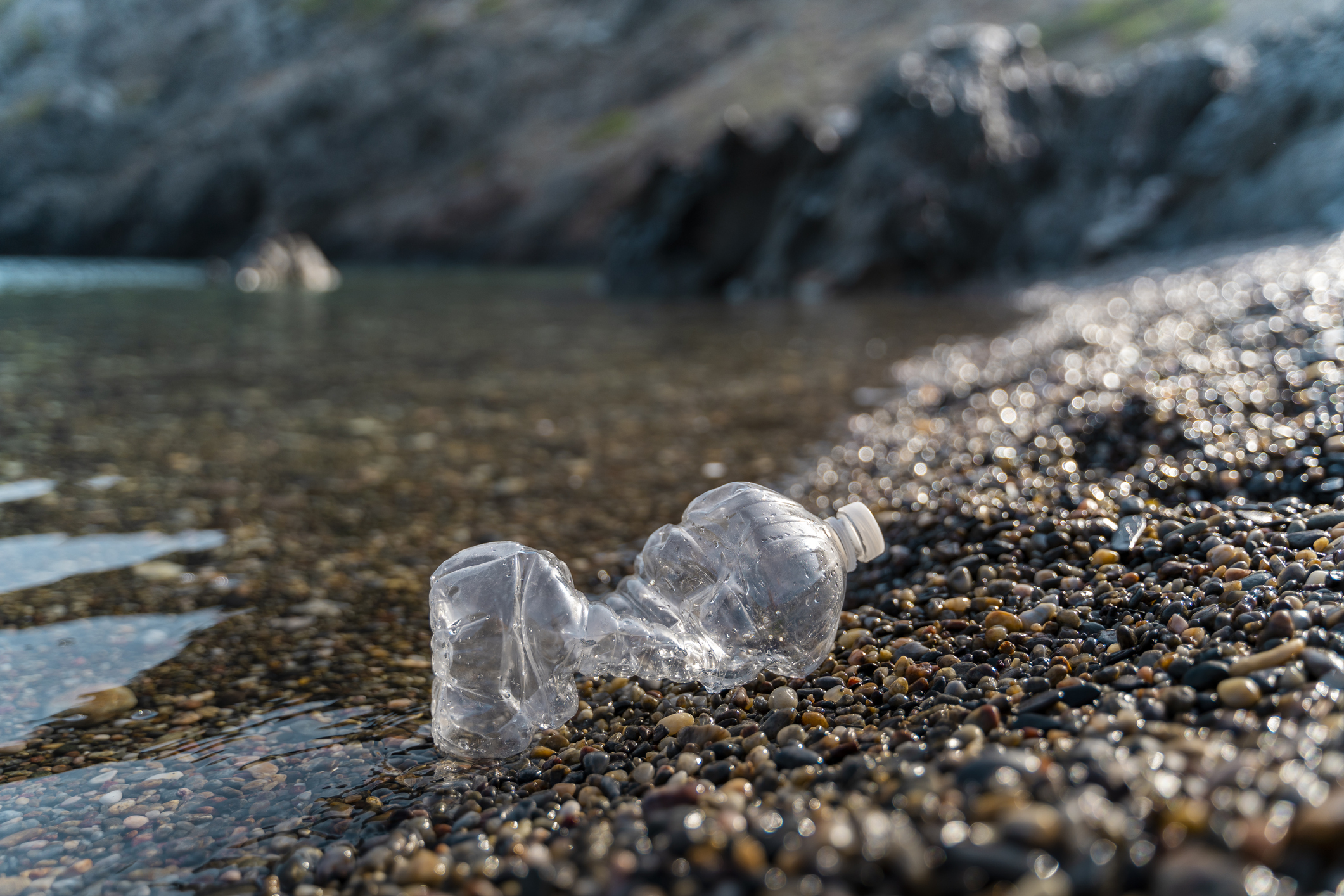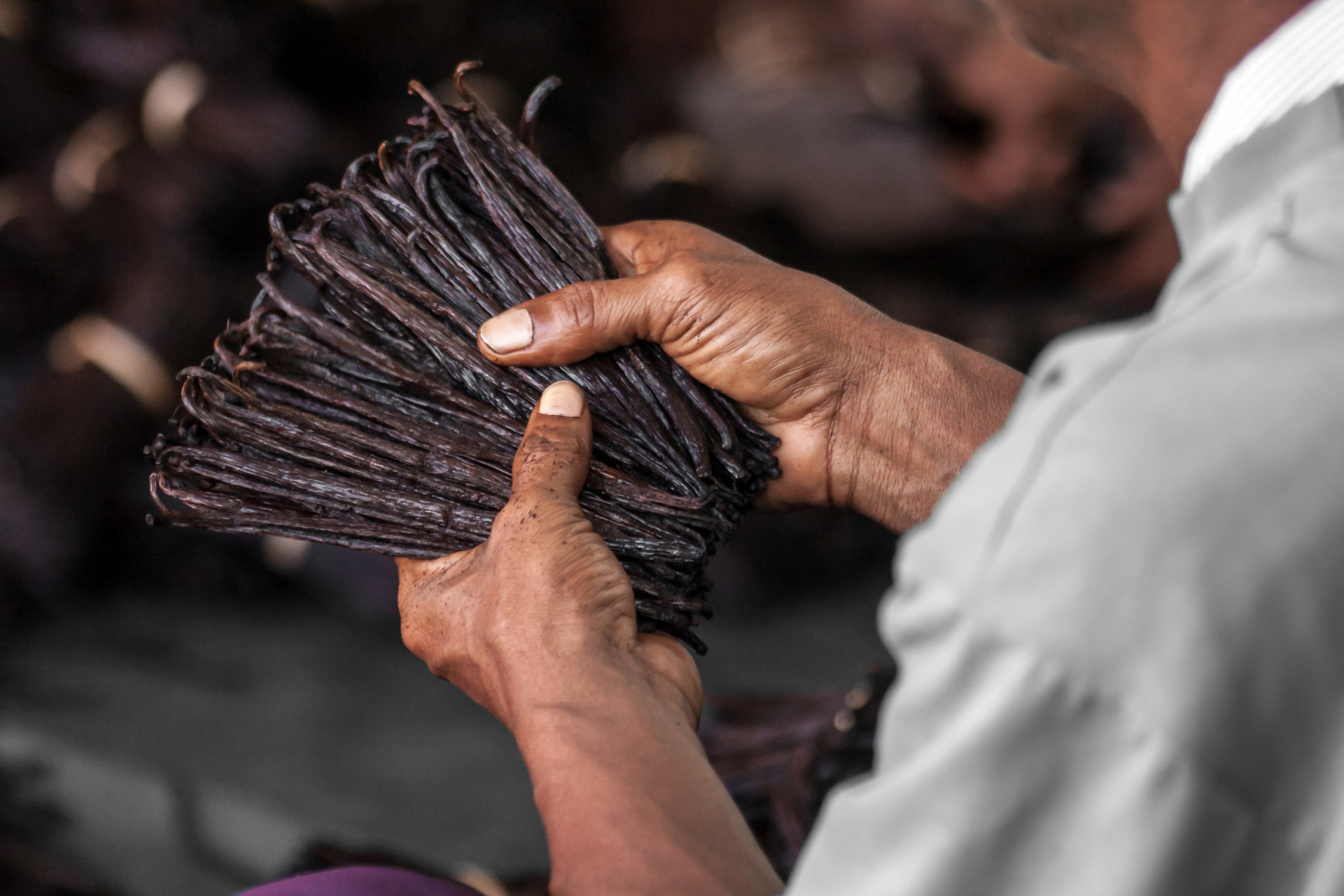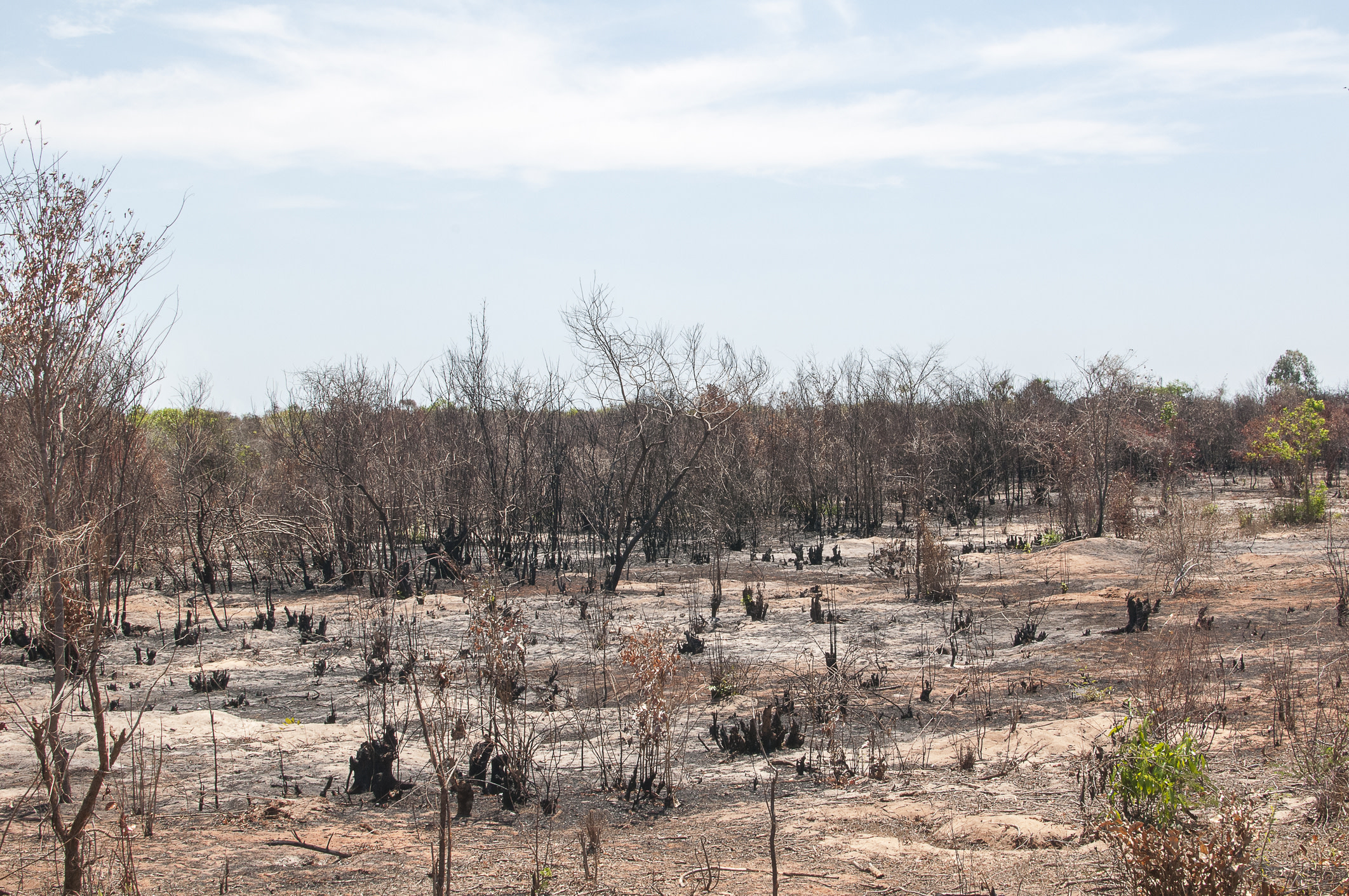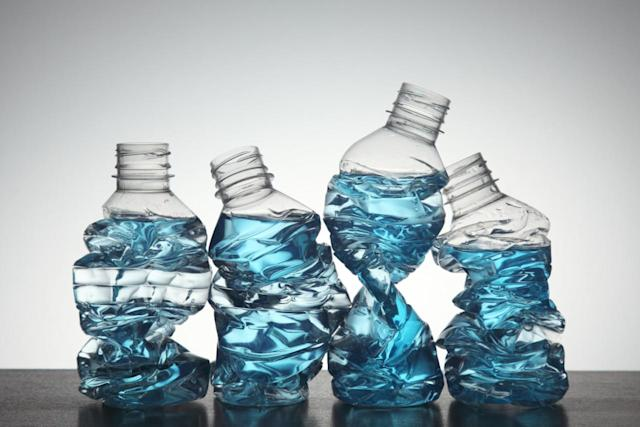Scientists say that plastic bottles can be used to create vanilla flavouring, which would reduce pollution and help supply the global demand for this spice
Source: The Weather Network
Meat made in labs, clothes made from algae, and now vanilla flavouring made from plastic.
Scientists are constantly developing sustainable innovations, and now researchers at the University of Edinburgh have discovered that E. coli bacteria can convert plastic into vanillin, the primary component of extracted vanilla beans.
During their study the researchers combined enzymes and engineered E. coli bacteria with terephthalic acid, a molecule that was once part of a plastic water bottle, to produce vanillin after a series of chemical reactions. The study says that this is the first time that an engineered microorganism was used for biological upcycling of post-consumer plastic waste into vanillin.
 A discarded plastic bottle on a stony beach. (Westend61. Getty Images)
A discarded plastic bottle on a stony beach. (Westend61. Getty Images)
While additional tests are required, the researchers say that the vanillin would be safe for human consumption based on their current knowledge.
“The molecule vanillin that is produced from plastic waste by our bacteria is identical to the compound that is currently made in industry for human consumption. So although regulation would have to be sought for this process if it were to be commercialized, I see no reason why it wouldn’t be approved,” Dr. Stephen Wallace, Senior Lecturer in Biotechnology at the University of Edinburgh, told The Weather Network.
“In fact, 85 per cent of the ‘synthetic vanillin’ that is currently used to flavour food, cosmetics, etc. is currently made from crude oil (ie. the same feedstock used for petrol/diesel).”
 Preparation of vanilla in a craft workshop in Antalaha, eastern Madagascar. (Pierre-Yves Babelon. Moment. Getty Images)
Preparation of vanilla in a craft workshop in Antalaha, eastern Madagascar. (Pierre-Yves Babelon. Moment. Getty Images)
While plastic bottles are a surprising source of this highly desired flavour, vanilla has been made from unsuspecting sources for centuries, including wood, pine bark, clove oil, and rice bran. According to Scientific American, less than one per cent of vanilla flavour originates from vanilla orchids.
The flowering plants that yield vanilla only grow in a small number of regions near the equator, such as Mexico and Madagascar, where unsustainable practices have strained both ecosystems and laborers due to the global demand for this spice.
In fact, a news release from the UN’s World Food Programme states that southern Madagascar is currently experiencing its worst drought in four decades due to climate change and over one million people have been pushed “right to the very edge of starvation.”
 Bush fires in Boeny, Madagascar. (Jerome Spaggiari. Moment. Getty Images)
Bush fires in Boeny, Madagascar. (Jerome Spaggiari. Moment. Getty Images)
There is an abundance of statistics that warn of the harm that ecosystems are enduring as a result of plastic pollution. Plastic bottles, which were used by the researchers, are one of the four most common litter items in global oceans.
New technologies are hoping to catch up with the pace of the growing volume of plastic pollution and the researchers say that this presents a lucrative opportunity to innovators.
“The global plastic waste crisis is now recognised as one of the most pressing environmental issues facing our planet, prompting urgent calls for new technologies to enable a circular plastics economy. There is also a strong economic incentive, with plastics losing 95 per cent of their material value after a single use, leading to an estimated $110 billion loss to the global economy per annum,” the study states.
The researchers say that the global demand for vanillin is “projected to exceed 59,000 tonnes with a revenue forecast of $734,000,000 by 2025.”
Source: The Weather Network

































Leave a Comment
You must be logged in to post a comment.